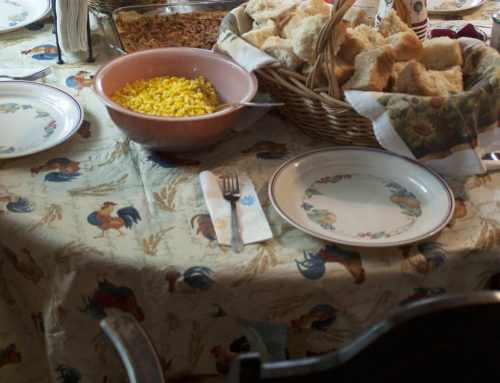In our increasingly multi-cultural society, marriages involving couples of different religions or couples where one person is religious and the other is agnostic or atheist have become more common. While many of these marriages work, the incidence of divorce among interfaith couples is higher than the rate for same-faith marriages.
When interfaith marriages dissolve, navigating between two religions (or between one religion and no faith) can become difficult. Families that previously had a strong and respectful co-existence between their respective faiths can find themselves at odds with how to balance these religions post-divorce.
These issues are especially acute when children are involved. When religion is an important part of a parent’s life and family history, it is only natural that they would want to share that religion with their child. Even in stable marriages, balancing different religions as well as other family traditions can be a challenge. These challenges are only heightened in divorced families, where both parents may feel an inclination to pull their child towards their religion.
Given the importance and highly personal nature of religion, it is critical that parents find a mutually acceptable way to expose their children to their faiths. It is best to ensure this understanding in a parenting agreement. As with other sensitive issues, a divorce process such as mediation or collaborative divorce may be the ideal way to create a solution that best meets the needs of your family. In these non-traditional processes, parents have the ability to create a parenting plan that meets the unique needs of their family.
Regardless of how you choose to navigate this issue, here are some things to consider when you have a conversation with your co-parent about raising your child across two religions:
1. Exposure versus indoctrination
This is the difference between sharing your faith with your child and having them participate in certain religious rites of passage (e.g., baptism, confirmation, bar mitzvah). Parents should be allowed to talk to their children about their faith and to share aspects of it with them, but participating in organized rituals should require the consent of both parents unless one parent has sole decision-making power. This is a legal issue that should be explicitly covered in your parenting agreement.
2. Core values
As a parent, you should do some soul-searching and ask yourself why sharing your religion with your child matters. Be honest with yourself and make sure you are not making this area into a battleground due to anger with your ex-spouse. Instead, consider the values of your religion and what you hope your child learns from your faith. This personal exploration will help inform how you want to talk with your co-parent about your child’s faith.
3. Consider holidays and traditions
What are the holidays, rituals, and traditions you want your child to experience? How do you imagine those experiences would be for your co-parent, and what religious traditions do you imagine he or she wants to share? Try to imagine how those holidays and traditions might co-exist. I know plenty of families, intact and divorced, who gracefully navigate Christian and Jewish traditions. Similarly, there are many families who navigate having one agnostic/atheist parent and one religious parent. Are there things you have done during your marriage that helped you blend two faiths?
4. Show respect
As with all areas of co-parenting, operating from a place of respect establishes a good foundation and models how to sort through conflict constructively for your children. Try to genuinely understand your co-parent’s point of view. Try to share your point of view without being defensive or belittling the other religion. If you need help, access a divorce coach, mediator, or therapist to have a safe place for these discussions.
When your child grows up, he will ultimately decide if and how to incorporate religion and spirituality into his life. If you have modeled the values of your religion (love, kindness, compassion), you will have given your child an enormous gift.






